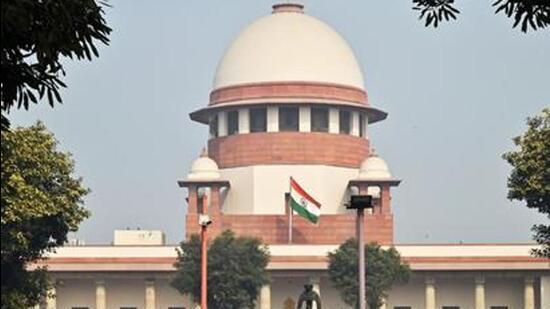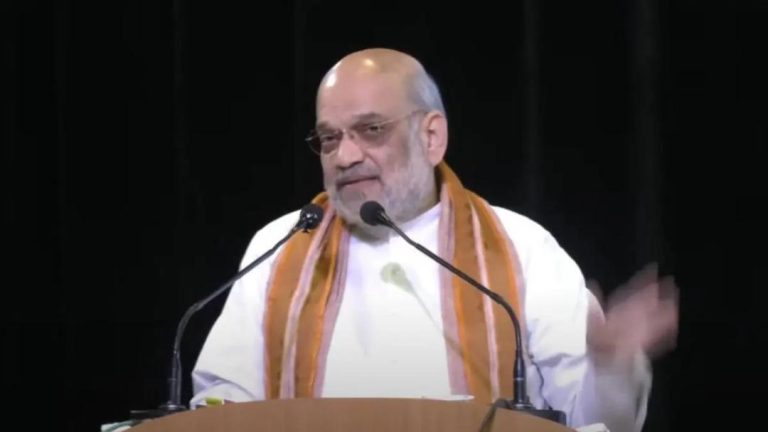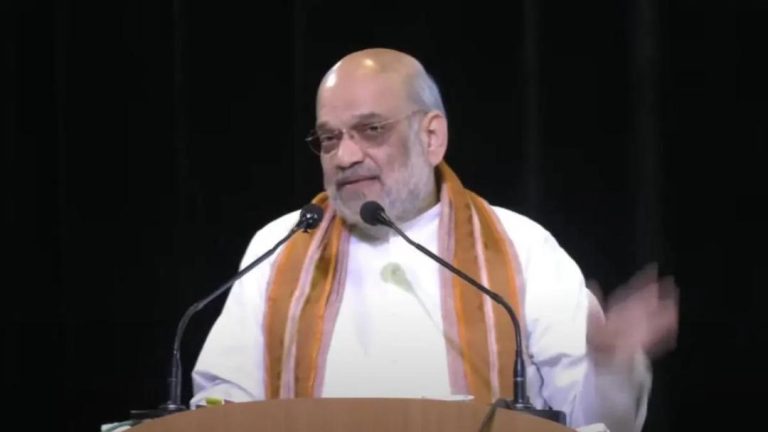
Calling someone ‘Miyan-Tiyan’ & ‘Pakistani’ not an offence: Supreme Court
In a recent development, the Supreme Court of India has ruled that calling someone “Miyan-Tiyan” and “Pakistani” is not an offence. The court’s decision comes as a relief to many, as it clarifies that such comments, although in poor taste, do not amount to hurting religious sentiments.
The case in question dates back to Jharkhand, where an 80-year-old man was accused of hurling abuses at an Urdu translator. The translator, who was translating a speech by a local politician, claimed that the elderly man had used derogatory language against him, including calling him “Miyan-Tiyan” and “Pakistani”. The translator filed a complaint against the man, leading to a case being registered against him under the Indian Penal Code (IPC).
However, in a recent hearing, the Supreme Court dismissed the case, ruling that the remarks made by the elderly man did not constitute an offence. According to the court’s verdict, although the comments were in poor taste, they did not amount to hurting the religious sentiments of the translator.
In its judgment, the court emphasized that freedom of speech and expression is a fundamental right guaranteed by the Constitution, and that such rights cannot be curtailed by arbitrary restrictions. The court also noted that the remarks made by the elderly man were not intended to hurt the religious sentiments of the translator, but were rather a reflection of a deep-seated prejudice against a particular community.
This judgment is significant, as it highlights the importance of upholding the right to freedom of speech and expression, even in cases where such speech may be considered offensive or derogatory. It also underscores the need for courts to exercise caution when interpreting laws and regulations related to hate speech and religious sentiments.
The case has sparked a debate on whether such comments are indeed in poor taste, and whether they have the potential to create social unrest and divisions. Some have argued that using derogatory language against a particular community or group can be harmful and offensive, and that it is essential to promote a culture of respect and tolerance.
Others have pointed out that the court’s decision is a reflection of the country’s commitment to upholding the fundamental rights of its citizens, including the right to freedom of speech and expression. They argue that such rights are essential for the functioning of a democratic society, and that they cannot be curtailed by arbitrary restrictions or censorship.
In conclusion, the Supreme Court’s decision is a welcome development, as it underscores the importance of upholding the right to freedom of speech and expression, even in cases where such speech may be considered offensive or derogatory. The court’s judgment is a reminder that freedom of speech is a fundamental right that must be protected, and that arbitrary restrictions on such rights are not permissible.
It is also essential to promote a culture of respect and tolerance, and to encourage open and respectful dialogue between individuals and communities. By doing so, we can create a society that is inclusive, diverse, and tolerant, where everyone has the freedom to express themselves without fear of reprisal or harm.





